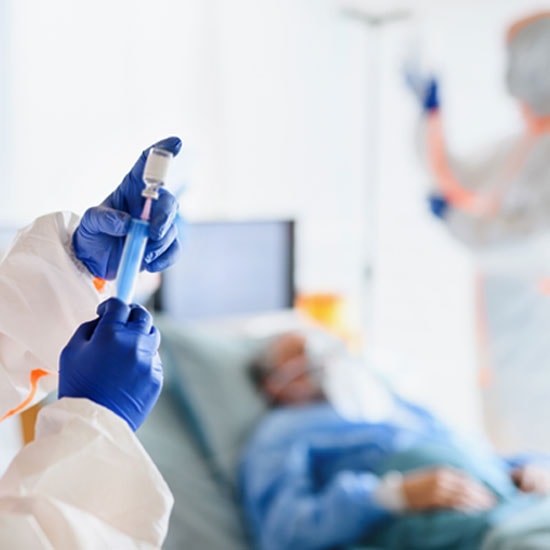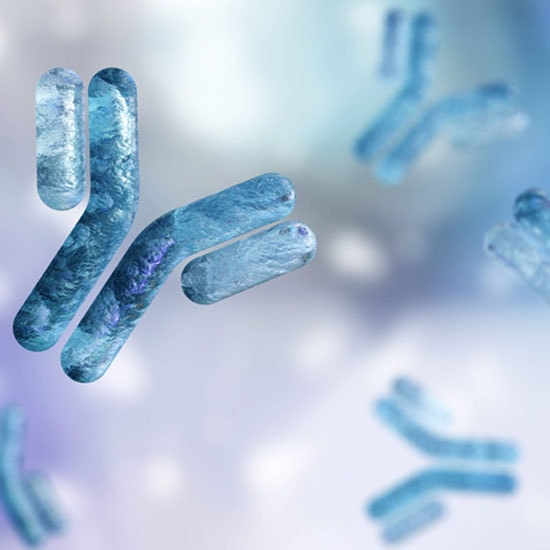Maximizing serology testing to combat COVID-19 surge
The COVID-19 pandemic rages on in the United States with California leading the pack on COVID-19 infections and deaths, and Florida is close behind. Many regions around the world are experiencing a shortage of laboratory-based molecular tests. In the United States, testing capacity is at three to three and a half million tests a week; however, the estimated need ranges from 6 to 20 million tests a day, representing about six percent of the population each day.i
A 254 -bed hospital in California is hitting a surge of COVID-19 patients while dealing with a shortage of testing kits. Paramount during a COVID-19 surge is not just the need for enough beds, ventilators, drugs, personal protective equipment and testing, but also enough staff to take care of patients.
Employee Health at the Forefront
In the past, based on previous CDC recomendations, if a hospital staff member showed symptoms of COVID-19, they were tested for polymerase chain reaction (PCR).
If they were PCR positive, the staff member would be asked to quarantine for fourteen days (or longer) and return when they’ve had two negative PCR tests, 24 hours apart.
But with ~81% of COVID-19 patients being asymptomatic, ii individuals could be spreading the disease without knowing they are infected. This would require the hospital to do routine PCR tests for all employees. However, due to the shortage of PCR tests, the California hospital has decided to include serology testing in their testing protocol for employees.
The hospital has drafted a plan to screen all 1,600 of employees for SARS-CoV-2 IgG antibodies, and those who are reactive get a reflex PCR test to ensure that they’re not actively infected and hence contagious. The plan is to do this on a regular basis to make sure employees and patients are safe.

This plan is based on a random study that the hospital team did with 289 of their employees across a cross-section of departments to mimic a normal population. The study found that ~4% of employees have SARS-CoV-2 IgG antibodies. These employees were also tested with PCR to determine if the IgG was from a current or previous infection.
At this time when there is a surge of COVID-19 patients and a shortage of PCR tests, the hospital uses serology test first on a select patient population. Asymptomatic individuals who are reactive to the antibody assay get a reflex PCR test to ensure that they’re not actively infected and are not carriers.

This has several benefits:
- Save PCR tests for individuals with symptoms
- Get results faster with regards to an immune response to SARS-CoV-2 for health care worker related exposures
- Instead of swabbing everybody with PCR test, mass serology testing for the whole department can be done as there is notification of possible exposure
Disclaimer: For Use Under the Emergency Use Authorization (EUA) Only. For In Vitro Diagnostic Use.
I Behnam, M. COVID-19: Overcoming supply shortages for diagnostic testing. Pharmaceuticals & Medical Products Practice. McKinsey & Company. 2020.
II Ing AJ, Cocks C, Green JPCOVID-19: in the footsteps of Ernest ShackletonThorax 2020;75:693-694.
 English
English

